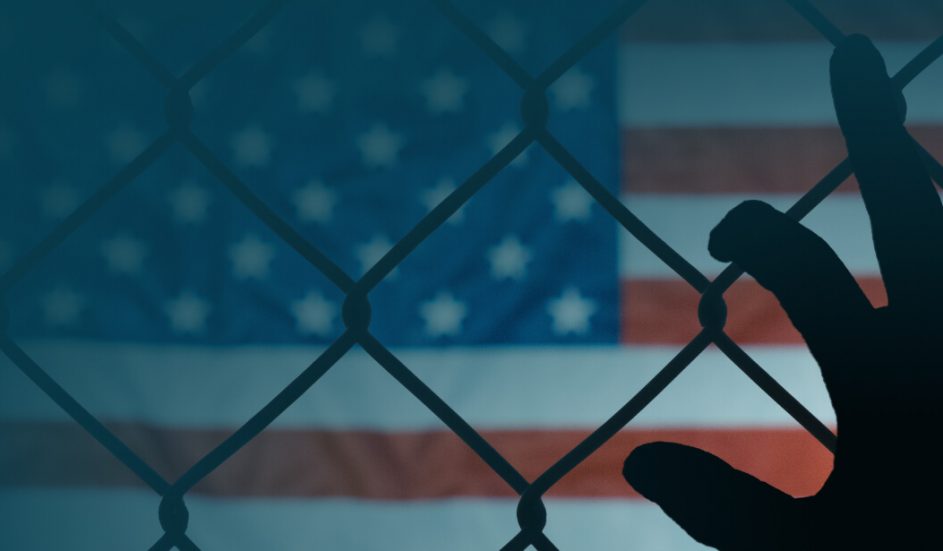

Trump’s Clarification on the $100,000 H-1B Fee Proposal Reshapes the Landscape for Foreign Talent
Recent statements by former President Donald Trump have brought much-needed clarity to the controversial $100,000 H-1B visa proposal, suggesting a major shift in U.S. immigration priorities. According to the latest policy outline, the hefty fee would apply only to foreign nationals seeking H-1B visas from abroad who did not receive a U.S. education, effectively shielding international students who transition from F-1 to H-1B status after studying in the United States.
The intent appears to be strategic: retain highly skilled workers educated in the U.S. and discourage the outsourcing of jobs to foreign workers without ties to the American education system. The fee would act as a high barrier to entry for foreign professionals who lack U.S. educational credentials, essentially incentivizing U.S.-based education as the preferred pathway to employment-based residency.
Source: Trump’s Immigration Policy Statement
What This Means for F-1 Visa Holders in the U.S.
If you’re currently in the United States on an F-1 student visa and plan to transition to H-1B status, you will not be subject to the proposed $100,000 fee. You may change your status from F-1 to H-1B while remaining in the U.S. and later return to your home country for visa stamping without incurring this additional cost.
This distinction is critical and further underscores the U.S. government’s intent to retain the international talent it has invested in educating. The administration is clearly signaling that international students are welcome to stay and contribute to the U.S. economy, provided they follow the lawful pathway through U.S. education channels.
Employers Face a New Cost Calculation for Global Hiring
For companies seeking to sponsor foreign workers who did not study in the U.S., the $100,000 visa fee may serve as a deterrent or, at the very least, a significant cost consideration. It represents a premium on talent acquisition from outside the U.S. education pipeline, effectively steering employers toward candidates who have earned degrees from U.S. institutions.
The implication is clear: employers who truly value foreign talent without U.S. educational credentials must be willing to demonstrate that value through substantial financial commitment. This policy could reshape corporate hiring practices, with a heavier focus on recruiting from U.S. campuses or expanding Optional Practical Training (OPT) and Curricular Practical Training (CPT) programs.
How Spar & Bernstein Can Help You Navigate These Changes
With this evolving policy landscape, it is more important than ever to develop a smart and lawful immigration strategy tailored to your unique background. Whether you are an international student seeking to transition to an H-1B visa or an employer navigating the complex sponsorship process, the experienced immigration attorneys at Spar & Bernstein are here to guide you.
We can assist with:
-
F-1 to H-1B status transitions that avoid the $100,000 fee
-
H-1B cap-exempt employer strategies
-
Visa stamping preparation for those adjusting status within the U.S.
-
Corporate sponsorship planning to minimize cost while maximizing talent retention
Our goal is to help you achieve lawful U.S. employment while avoiding unnecessary costs and legal pitfalls. If you’re planning your future in the U.S. workforce, now is the time to act strategically.
Stay informed. Stay prepared. Let Spar & Bernstein be your guide to a successful immigration future.




